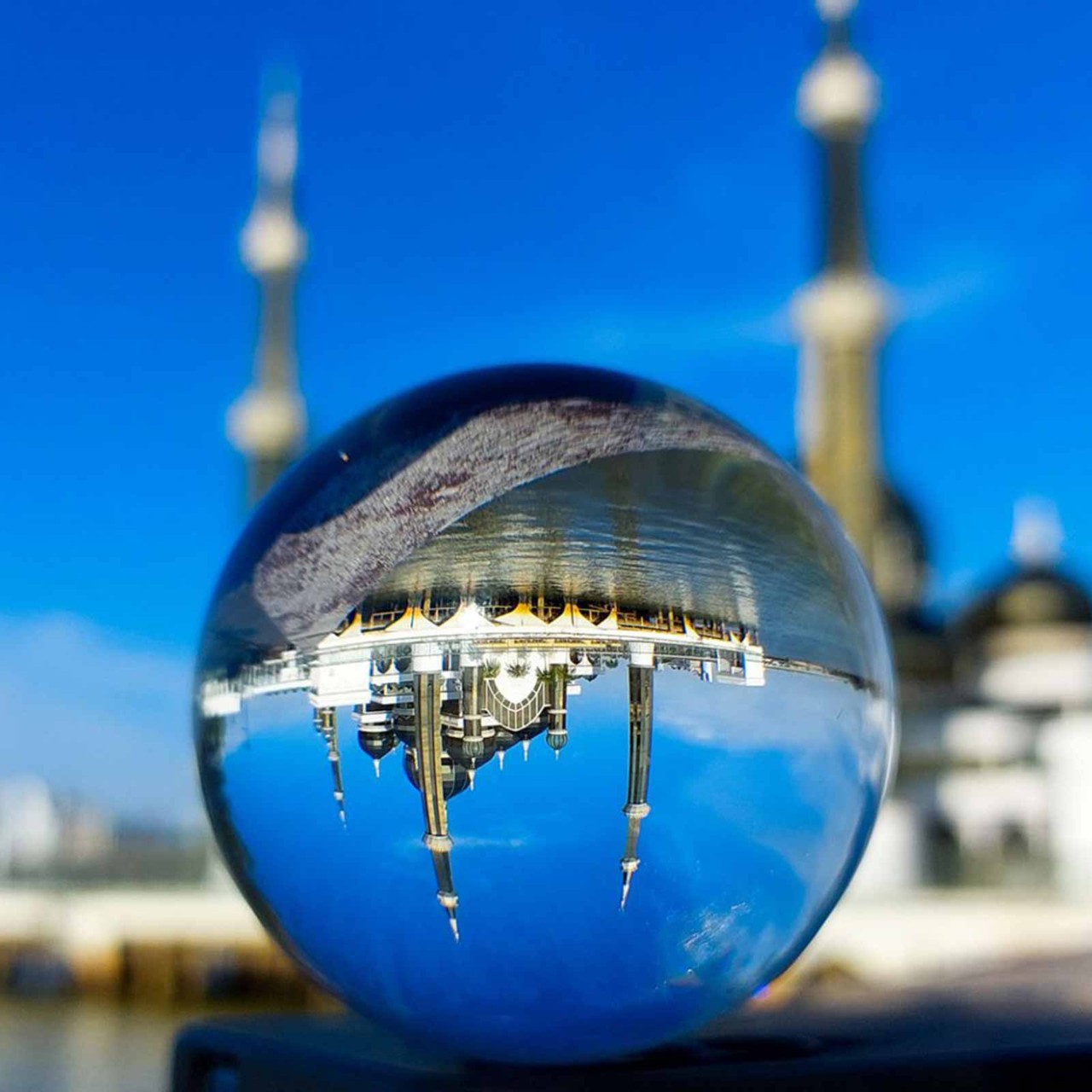
Introducing his second policy address at the end of October as one ‘that belongs to every resident’, John Lee, Hong Kong’s chief executive, announced the rollout of numerous initiatives designed to address both the opportunities and challenges confronting Hong Kong in the post-pandemic era.
The 171-point plan focused on upgrading the economy, fuelling development, benefiting people’s livelihoods and making them happier.
More competition
Intended to re-energise Hong Kong’s sluggish stock market, a highlight included a reduction of stamp duty on securities from 0.13% to 0.1%, the same as it was before the August 2021 increase. Though more of an expectation than a highlight, another policy announcement was the easing of property cooling measures that have been in place for a decade by reducing home buyers’ stamp duty, for non-permanent residents and those buying a second or additional home, from 15% to 7.5%.
Measures were announced to enhance competitiveness, foster economic growth and attract businesses and talent to the Special Administrative Region (SAR). Taken overall, the policy address contained many of the recommendations submitted by ACCA Hong Kong, which included easing residential property market-cooling measures, talent attraction, stock transfer stamp duty reduction and incentives to develop a ‘headquarters economy’ to attract enterprises from outside Hong Kong.
Baby boom
With Hong Kong’s recovery from the fallout of the Covid pandemic slower than anticipated and economic growth for 2023 expected to fall short of forecasts, while Lee’s address was full of initiatives aimed at putting the SAR’s economy back on track, the policy that has received the most attention is the intention to ‘create a pro-childbearing environment’.

Like many developed societies, Hong Kong has seen a steadily declining birth rate in recent years
For each baby born between 25 October 2023 and 24 October 2026, the government will provide a one-off cash payment of HK$20,000 (US$2,555). Termed a ‘baby bonus’, the cash incentive will be offered to families where at least one parent is a permanent Hong Kong resident. Government sources have said that HK$800m will be set aside annually, supporting as many as 40,000 newborns each year.
Like many developed societies, Hong Kong has seen a steadily declining birth rate in recent years. The SAR’s total fertility rate – the number of children a woman is expected to have over her lifetime – has dropped to 0.8, one of the lowest in the world. The number of births registered in Hong Kong dropped from 52,900 in 2019 to 32,500 in 2022: an almost 40% decline, according to Census and Statistics Department figures.
While the baby bonus has been welcomed by some, others point out that financial incentives can only go so far. For those contemplating parenthood, longer parental leave, more childcare options, and family-friendly policies in the workplace have been cited as ways to overcome the challenges of raising children while juggling work commitments.
One thing is for certain: how successful this particular policy initiative proves will be measurable by the number of births registered through to October 2026.
